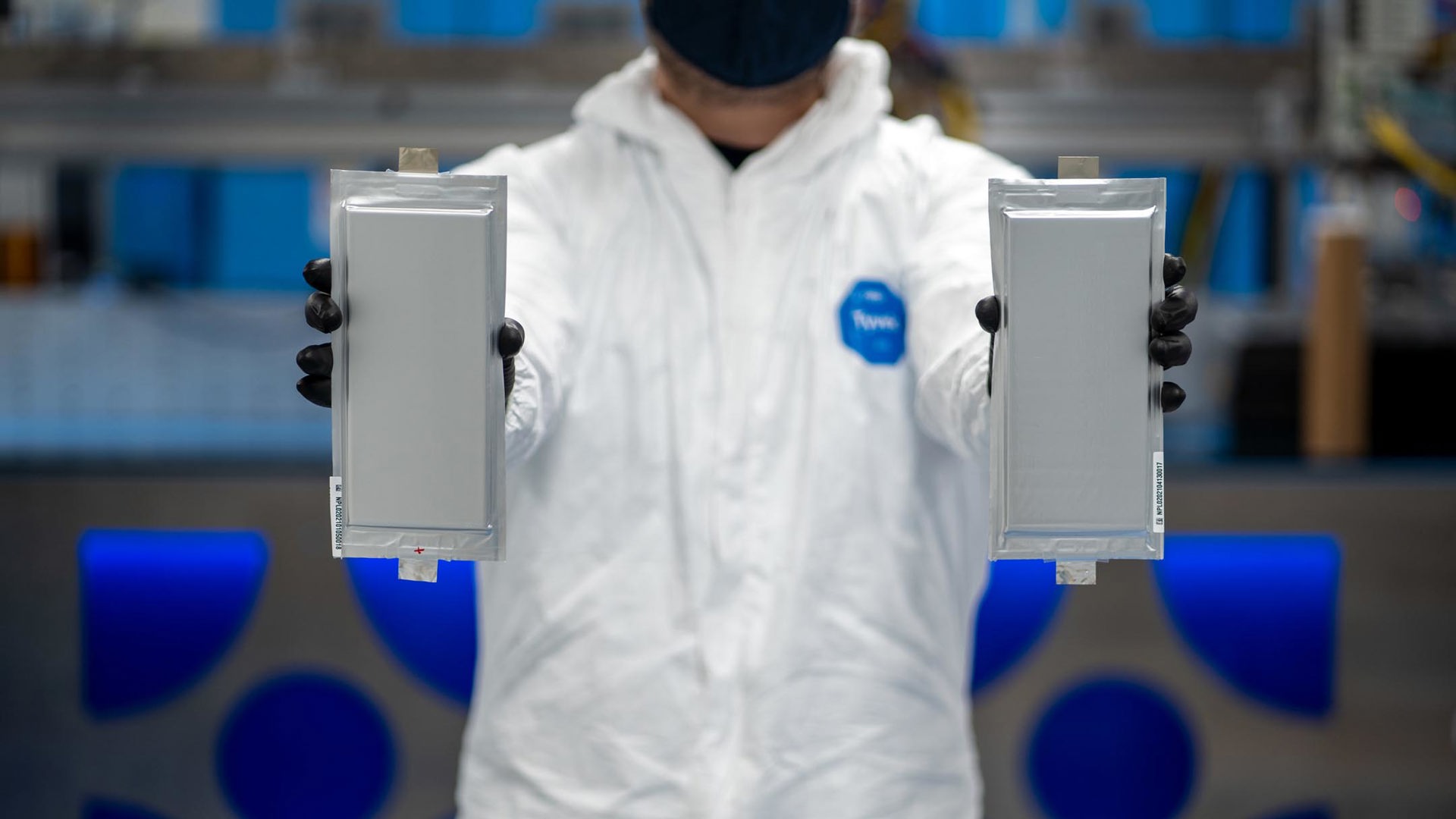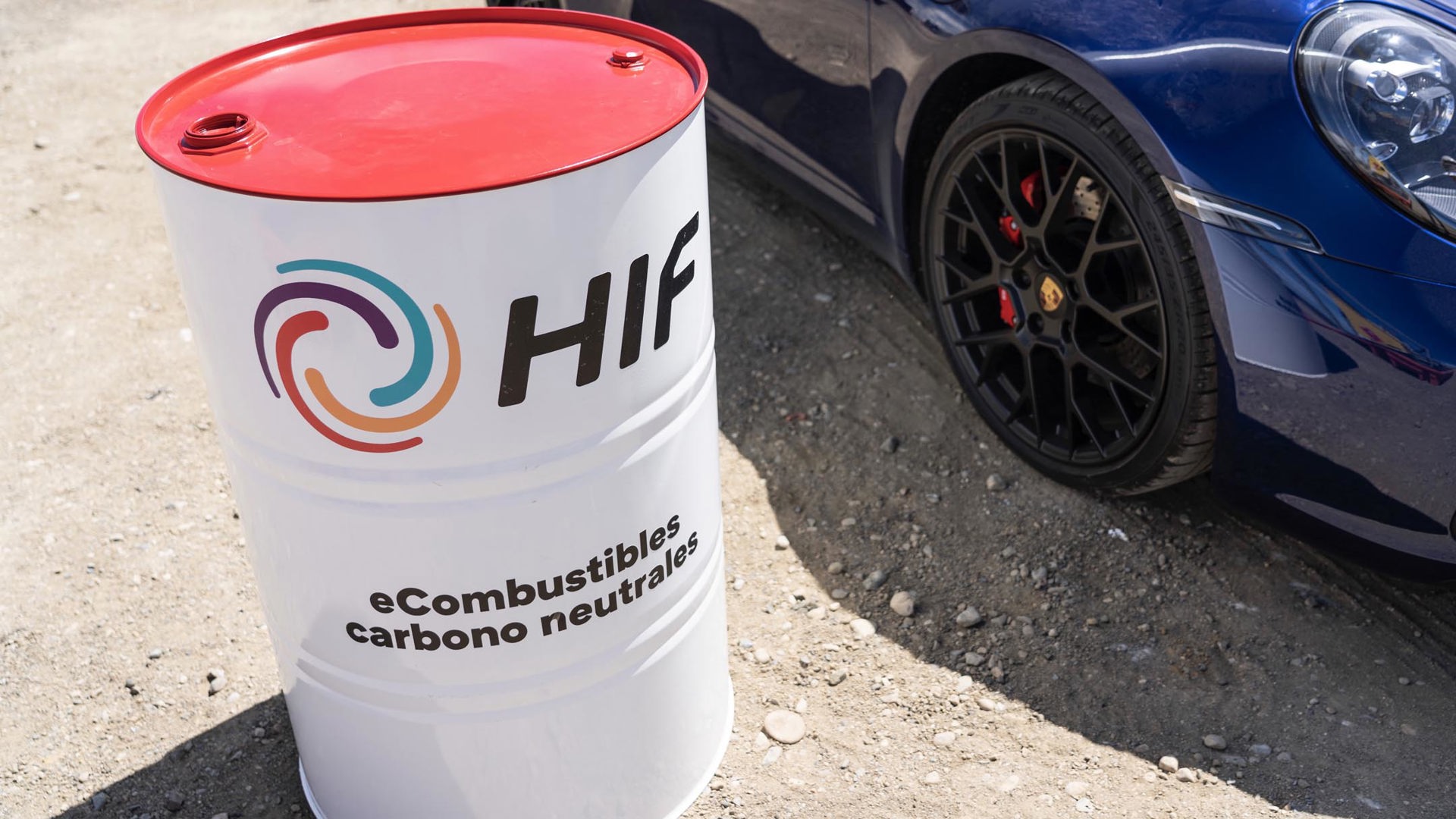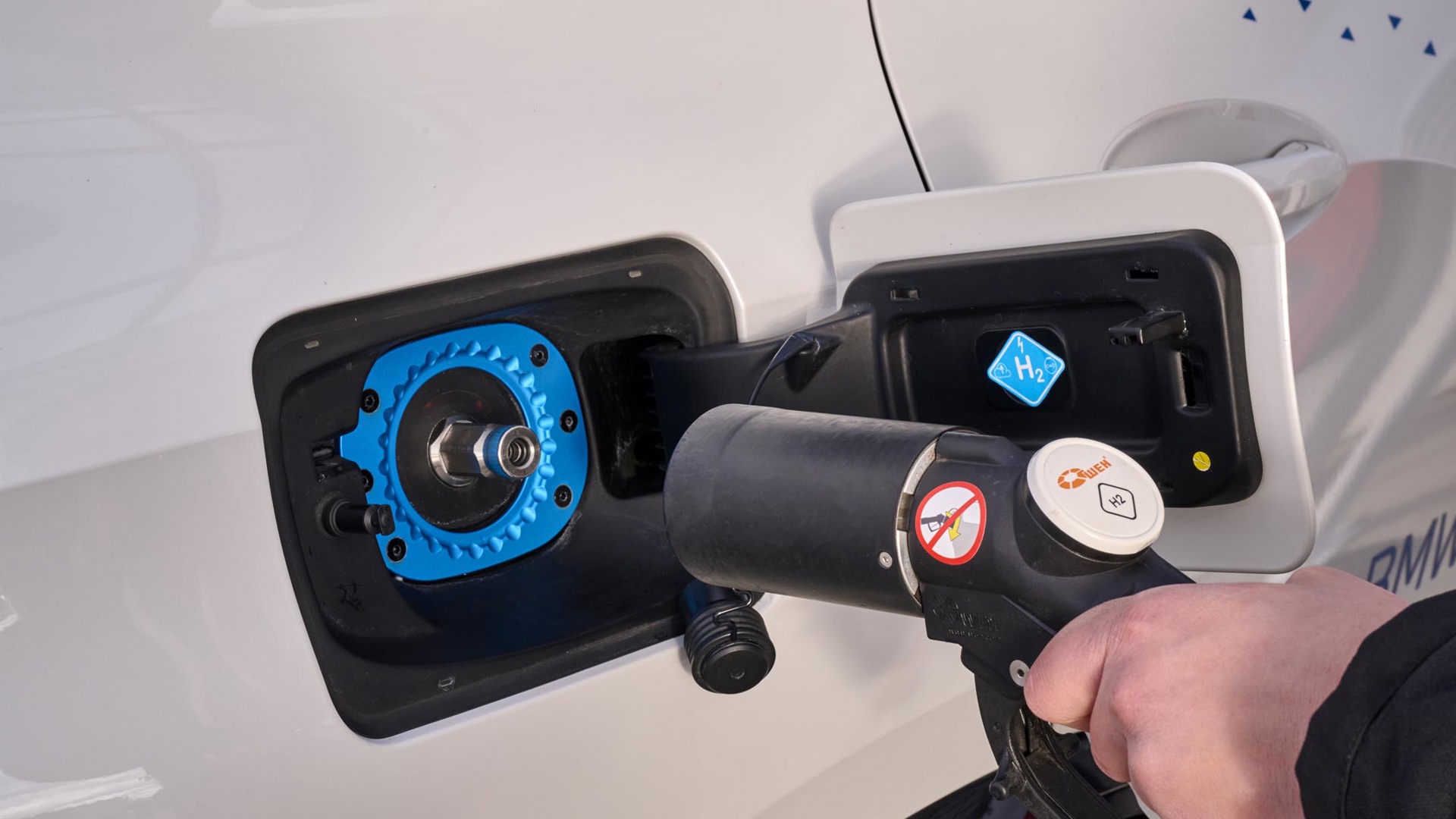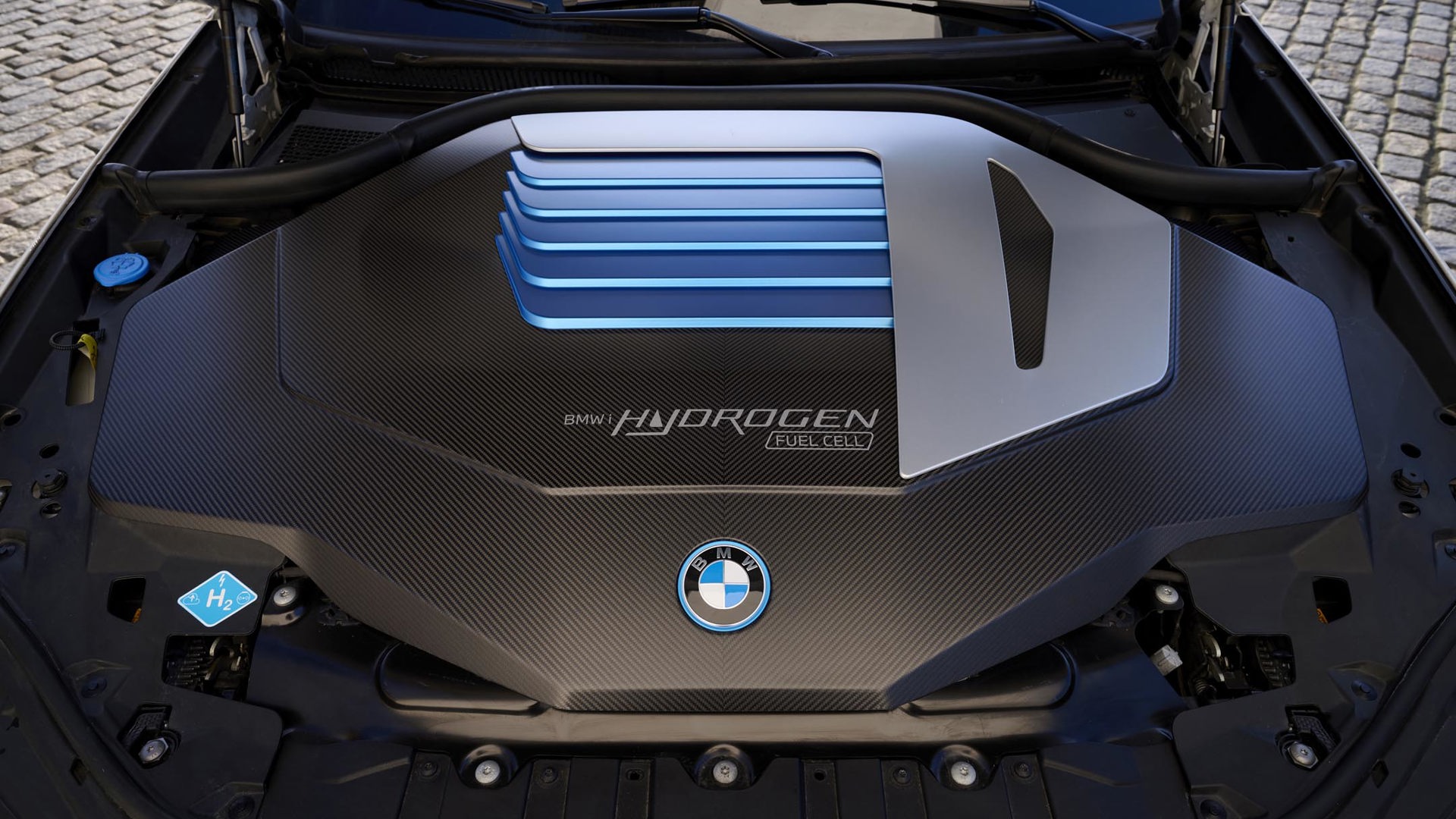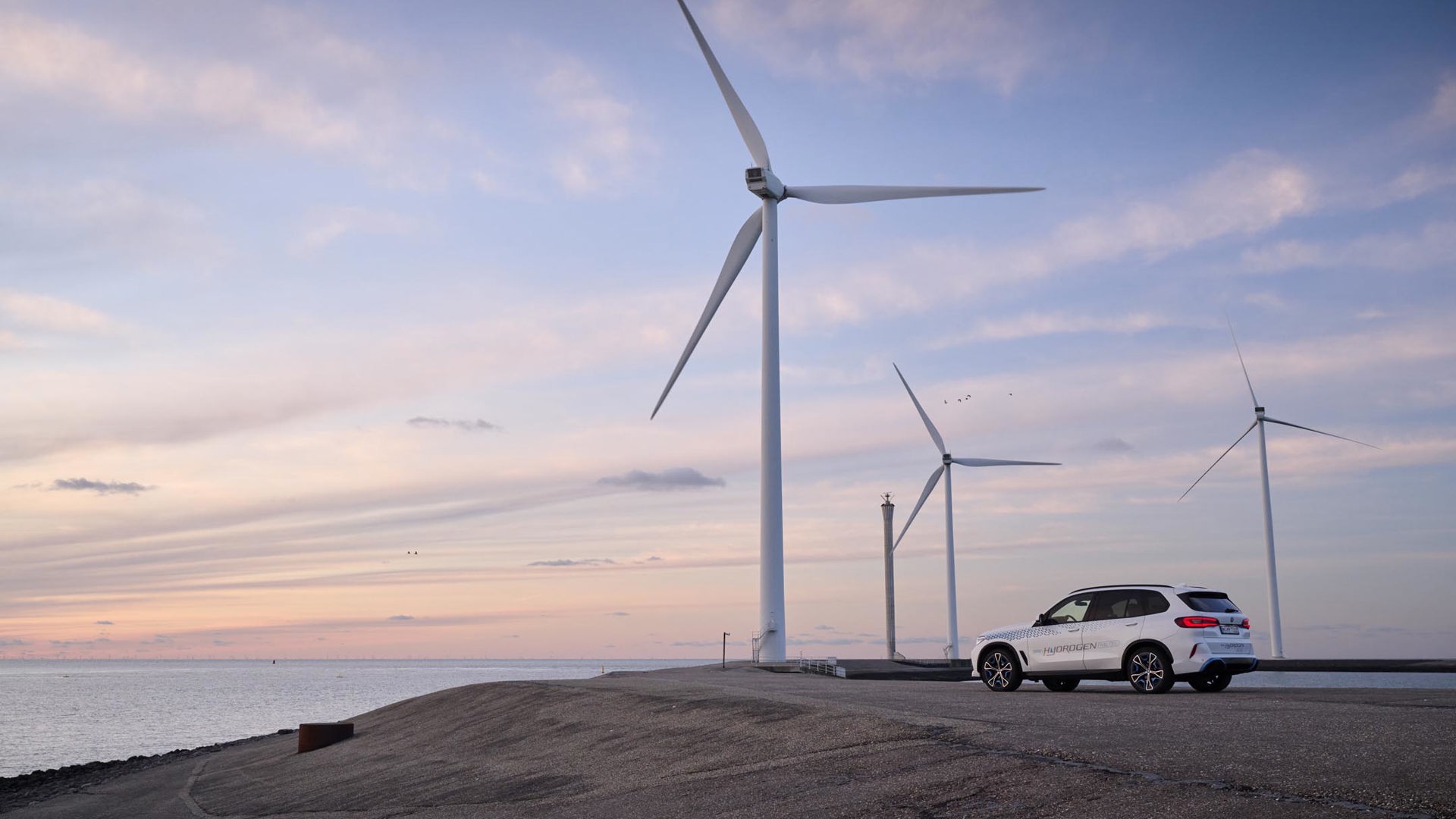With each new year, battery electric vehicles (BEVs) seem to be the most promising solution for more sustainable and environmentally conscious personal transportation. Just beyond the horizon are solid-state batteries that will cram more energy into smaller and lighter packages, charge faster than today’s battery packs, and be less vulnerable to temperature extremes.
But while battery makers and mainstream automakers are putting most of their R&D dollars into improving BEV performance, there are a few other key alternative fuel sources that could also become viable options for the future, either alongside BEVs or in place of them.
BMW is the latest automaker to get into hydrogen fuel cell electric vehicle (FCEV) technology with its iX5 model, a pilot project centred around versions of its X5 SUV converted to run on hydrogen. Meanwhile, Porsche is developing synthetic gasoline that the company says will allow it to continue building cars with combustion powertrains while reducing the brand’s carbon footprint. Here are a few alternative fuels being developed to potentially wean us off gasoline.
BMW iX5 hydrogen fuel cell electric vehicle (FCEV)
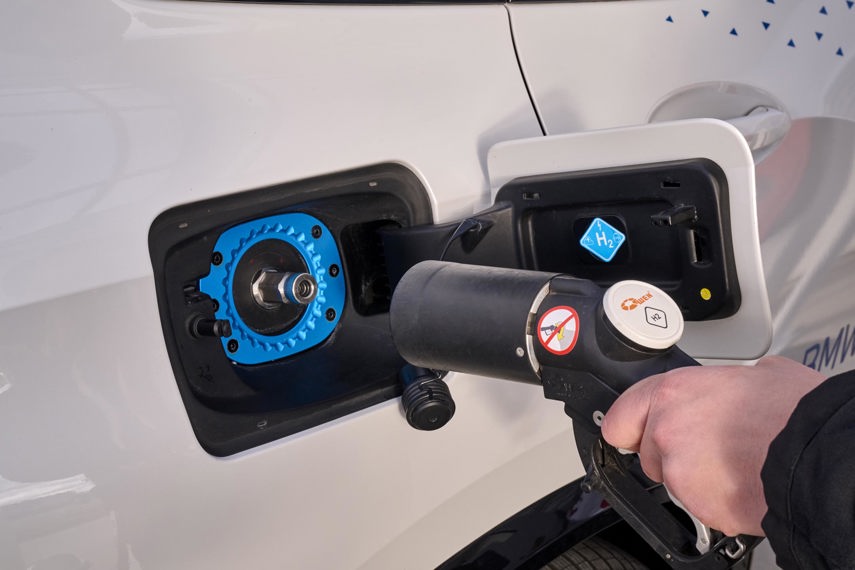
In March 2023, BMW became the latest mainstream automaker to experiment with hydrogen fuel cell electric vehicle (FCEV) technology with a European pilot project involving a fleet of modified versions of its X5 mid-size SUV called the iX5. Like other FCEVs, the iX5 Hydrogen generates electricity by combining hydrogen with the oxygen in our atmosphere. That electricity powers the electric motors that drive the car, with water being the only byproduct.
With the iX5, BMW joins Hyundai and Toyota in the FCEV sphere. While those two companies are already offering their Nexo and Mirai models to Canadian customers, their availability is limited to B.C. and Quebec – the only two provinces with public hydrogen fuelling facilities. Even then, there are only five of those in all of Canada: three in Greater Vancouver, one on Vancouver Island, and one near Quebec City. So if you haven’t seen a Nexo or Mirai on the road, that’s why.
BMW sources the iX5’s hydrogen fuel cells from Toyota, but the rest of the car’s drive system was designed in-house and first demonstrated in prototype form at the 2021 Frankfurt auto show. BMW says the iX5 is good for just over 500 km of driving on a single fill of its tank, while its powertrain generates a total of 401 hp and can propel the iX5 to 100 km in less than six seconds.
Notably, BMW doesn’t view hydrogen as a replacement for battery electric vehicle (BEV) tech, but as a complement to it, suggesting that an FCEV’s quicker refuelling will appeal to a cadre of drivers put off by a BEV’s long charging times.
According to the U.K.’s Car magazine, Germany leads all E.U. nations in terms of hydrogen availability with its 105 filling stations.
Porsche eFuel synthetic gasoline
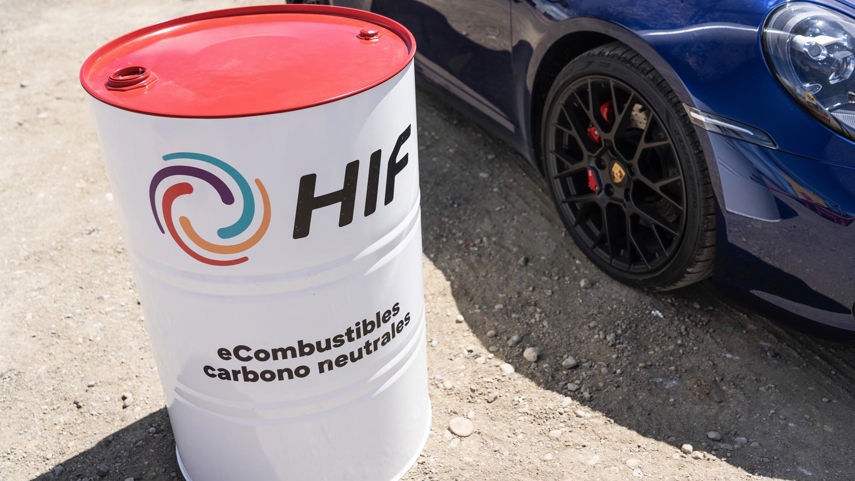
Down the road from BMW, Porsche is working on what it calls eFuel, a synthetic gasoline the company says will allow it to continue selling combustion engines, but in a more environmentally friendly way.
Earlier this year, Porsche began demonstrating its first batch of eFuel, produced at a small facility in southern Chile. There, Porsche and its partners at a Chilean venture called Highly Innovative Fuels (HIF) start with water, which they split into its hydrogen and oxygen component molecules using electricity generated by an onsite wind turbine. They combine the hydrogen with carbon dioxide to make methanol, which is turned into 91-octane gasoline that can be burned in any car with no modifications required.
Porsche says eFuel is effectively carbon neutral: the vehicles that burn it will still emit carbon dioxide (and, presumably, other pollutants that internal combustion vehicles are known for), but it will only replace the CO2 that was captured to create the fuel.
To start, the Chilean plant will produce about 130,000 litres of eFuel per year, which Porsche will use in its Mobil 1 Supercup race cars and to fuel the vehicles at its Experience Centres.
When a nearby full-scale eFuel plant is up and running, Porsche says production will ramp up to 55 million litres a year by mid-2025, and 66 million litres annually sometime in 2026.
New EV battery technology
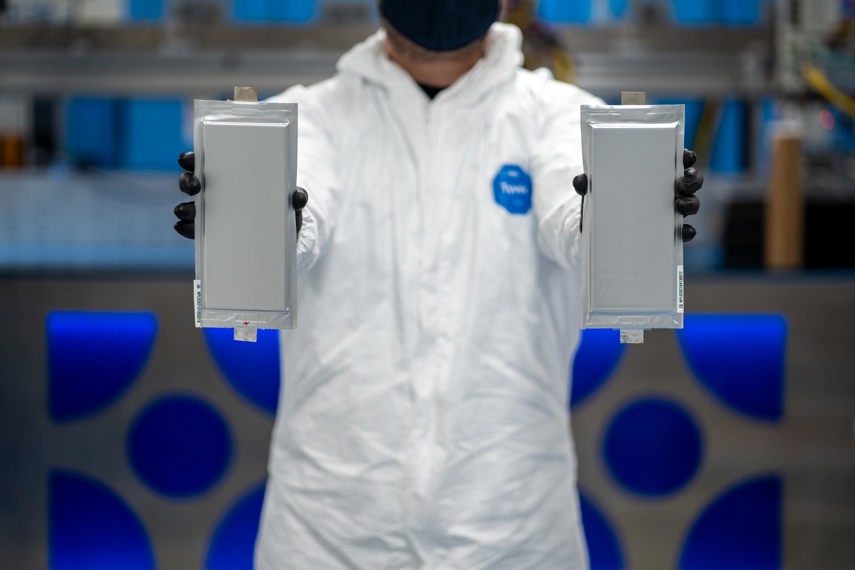
One of the most promising advancements in BEV technology is the solid-state battery, which could boast as much as three times the energy density and much faster charging compared to today’s lithium-ion batteries.
That extra energy density means you could store the same amount of electricity in a battery one-third the size, saving weight and freeing up space that could go toward passenger comfort or cargo capacity.
According to Motor Trend, many of the start-ups working on solid-state batteries right now think they could take on a full charge in 10 or 15 minutes, whereas a lithium-ion battery pack still needs at least an hour plugged into a fast charger.
Another advantage of solid-state batteries is higher chemical stability, which can prevent extreme overheating that can cause fires in damaged lithium-ion batteries. Solid-state batteries can also be manufactured more quickly.
But there are also downsides to solid-state batteries. They require more lithium than today’s lithium-ion packs, which means increased demand and cost for that material; there’s currently no good way to recycle solid-state batteries; and even if all the pieces were in place for mass-market solid-state battery production to begin tomorrow, they’d be a lot more expensive than today’s lithium-ion units.
We may start to see limited production of solid-state batteries in a few years, but mass production isn’t likely to begin for another decade.
Meanwhile, a Chinese company called Gotion High-Tech is working on lithium manganese iron phosphate (LMFP) batteries set for production in 2024 that will be good for 1,000 km of driving on a single charge and could last 2 million km without losing a significant amount of energy storage capacity.
Gotion, which has facilities in California and Ohio, has been working on its battery tech for about a decade.
Ottawa company turns dairy by-product into biofuel

Our final alternative fuel innovation comes from Almonte, Ont., a small town located about 40 minutes west of Ottawa.
Almonte is home to Dairy Distillery, which in 2017 began making its “Vodkow” brand of vodka from a dairy by-product called milk permeate. Such a high-value use of that raw material – which is often simply thrown away – caught the attention of the Michigan Milk Producers Association (MMPA), which teamed up with the Ontario company to turn some of that permeate into ethanol that can be blended with gasoline and other transportation fuels.
The partnership is building a factory in Constantine, Michigan, that is scheduled to begin annual production of 2.2 million gallons of milk-based ethanol in 2025, which Dairy Distillery and the MMPA say will offset 14,500 tonnes of carbon every year.

